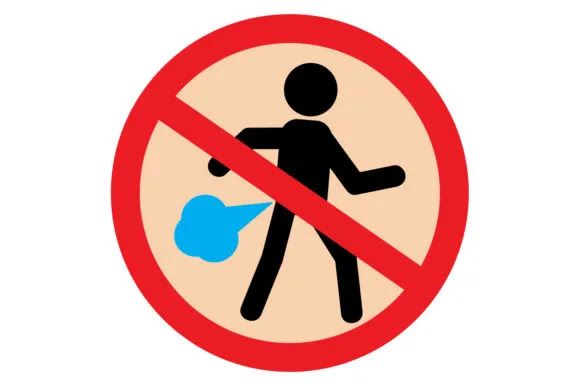Farting a Natural Body Function
Farting, flatulence, passing wind, breaking wind, tooting, or whatever you may call it, is a natural bodily function that everyone experiences. While it may be considered taboo or embarrassing to talk about, farting is a topic that has been discussed throughout history and holds a significant place in the medical world. In this article, we will dive into the history of farting, the medical reasons behind it, the chemical composition of fart, variations in fart compositions and its medical indications, fart and digestion, fart and colon health, and statistics about global farting gas load.
Farting in Early Civilizations
The act of farting has been mentioned in early civilizations dating back to ancient Greece and Rome. In fact, Aristophanes, a Greek playwright, wrote about farting in his plays, and the Roman philosopher, Lucretius, believed that farting was a natural release of gas from the body. The ancient Egyptians also recognized the importance of flatulence and believed that it was a sign of good health.
Medically, What's Farting and Why it Happened
Farting is the release of gas from the digestive system through the rectum. This gas is a mixture of nitrogen, oxygen, carbon dioxide, hydrogen, and methane. The gas is produced during the process of digestion, which occurs in the small intestine. As food is broken down, gases are produced as a byproduct, and these gases are eventually released from the body.
Chemical Composition of Fart
Fart is made up of several gases, including nitrogen, oxygen, carbon dioxide, hydrogen, and methane. The composition of fart can vary depending on a person's diet and overall health. For example, a person who consumes a lot of red meat may produce more sulfur-containing gases, which can result in a foul odor.
Variations in Fart Compositions and Medical Indications
The variations in fart composition can provide insight into a person's overall health. For example, excessive farting can be a sign of digestive issues, such as irritable bowel syndrome (IBS) or celiac disease. Additionally, the odor of fart can also provide information about a person's health. For example, a foul-smelling fart may indicate that a person has an infection or a malabsorption issue.
Fart and Digestion
Farting is a natural part of the digestive process. As food is broken down in the small intestine, gases are produced as a byproduct. These gases eventually make their way to the large intestine and are released from the body through the rectum. Farting helps to relieve pressure in the digestive system, preventing discomfort and pain.
Fart and Colon Health
Farting can also provide insight into the health of the colon. The colon is responsible for absorbing water and electrolytes from the digestive system. If the colon is not functioning properly, gas can build up, resulting in excessive farting. Additionally, excessive farting can also be a sign of colon cancer, although this is rare.
Statistics About Global Farting Gas Load
While farting may be considered taboo, it is a natural bodily function that everyone experiences. In fact, the average person farts between 5 and 15 times per day. However, the amount of farting can vary depending on a person's diet and overall health. For example, people who consume a lot of fiber may experience more farting due to the increased production of gas during digestion.
Conclusion
In conclusion, farting may be considered taboo or embarrassing, but it is a natural bodily function that everyone experiences. Throughout history, farting has been discussed and recognized as an important bodily function. Medically, farting is the release of gas from the digestive system through the rectum and can provide insight into a person's overall health. The composition of fart can vary depending on a person's diet and overall health, and excessive farting can be a sign of underlying digestive issues. It is important to recognize the importance of good farting and not be ashamed or embarrassed by this natural bodily function.




.jpg)



0 Comments